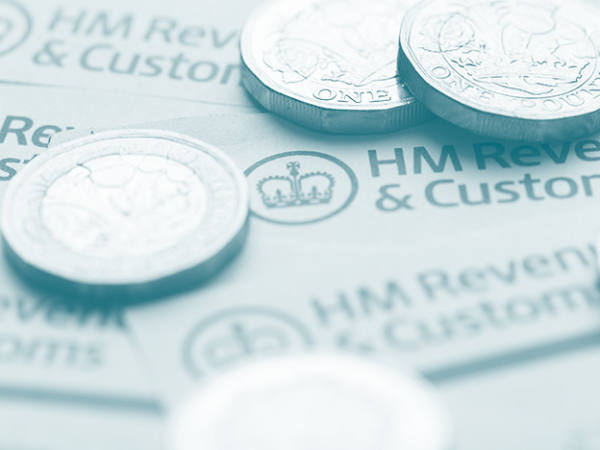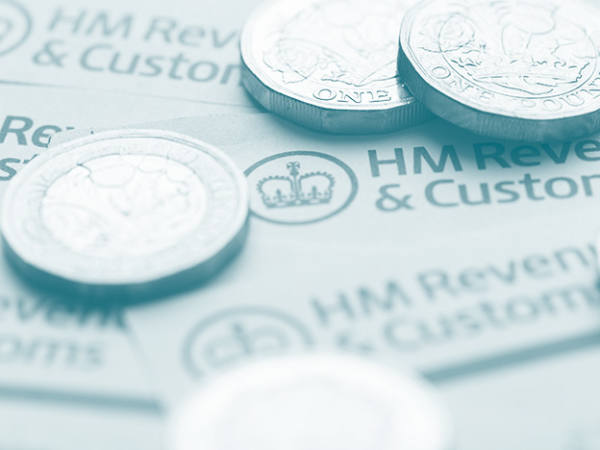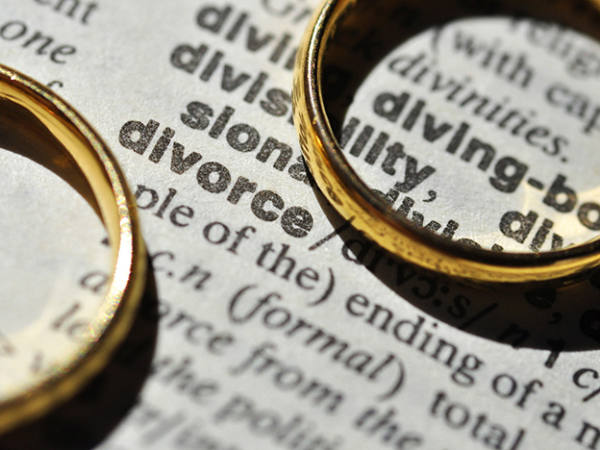Why do you have to specify whether gifts to charities are to be made before or after inheritance tax (IHT) has been paid? Is it because charities get more if they are made before tax? I gave my stepchildren money from my late wife’s estate five years ago and hopefully have drafted my will in such a way that, after deducting my bequests to charities, my estate’s value should be close to £1mn and not incur IHT. But I am worried that the next government could change the rules. BR
Laura Hayward, tax partner at Evelyn Partners, says:
Any bequests made to registered UK and European Economic Area charities are exempt from IHT. This includes gifts made during your lifetime as well as those specified in your will.
When calculating the IHT due on your estate on death, the value of the bequests to charities will be deducted from the value of your total estate. Following this, IHT is generally charged at 40 per cent on the net taxable value of the estate, after deducting the nil-rate band and residence nil-rate band (RNRB) – if these are available.
However, this 40 per cent rate can be reduced if an individual leaves 10 per cent or more of the net value of their estate to charity. This was introduced to encourage more people to leave money to charities in their wills. Provided this criterion is met, the taxable estate is charged to a lower IHT rate of 36 per cent.
In order to qualify for this lower 36 per cent rate, the total amount left to charity must be at least 10 per cent of what is known as the baseline amount. This baseline amount is calculated using the value of the estate chargeable to IHT after deducting liabilities, exemptions and the available nil-rate band, but before deducting the amount donated to charity and the RNRB, if available. It can be tricky to ensure that you meet this threshold, so you need to get good advice on the drafting of your will. Depending on the value of the bequests you have specified to be made to charity, it may be possible that your estate will qualify for this lower 36 per cent rate.
Regardless of whether the 36 per cent rate does or does not apply, this will not have an impact on the amount received by the charity if your will states a specific donation amount.
Under the current IHT position, each individual is entitled to a nil-rate band of £325,000 as well as a RNRB. The latter is an allowance of up to £175,000, which is available if an individual’s estate includes their main residence and this is closely inherited, ie by a lineal descendant such as a child or grandchild. There is also the potential for any unused nil-rate band and RNRB from a spouse’s previous death to be carried forward. As a result, it is possible for an individual to have an estate worth up to £1mn without being subject to IHT.
However, if your estate exceeds £2mn, the RNRB band is tapered by £1 for every £2 over the limit, down to nil.
The current government has stated that the nil-rate band and the RNRB will remain at the same level until 2027-28 tax year. While house prices have been on the rise, more and more people have been pulled into the IHT net, as has been demonstrated by the consistent increase in IHT receipts. However, as with all tax legislation, this is very much subject to change, and any current or future government may make changes to the legislation as and when they see fit.
With the next general election due to take place late next year, there is even more potential for change. However, it is not possible to predict any future changes to legislation, so you can only act on legislation as it currently stands.
You say that you have arranged your affairs such that your estate should not incur any IHT on your death. Should any changes to IHT occur, it may still be possible to arrange your affairs in such a way as to reduce your IHT exposure, for example by making use of your £3,000 annual gift exemption. However, we recommend that you get specific advice if you are worried about your IHT exposure in order to review your affairs in detail and plan accordingly.










